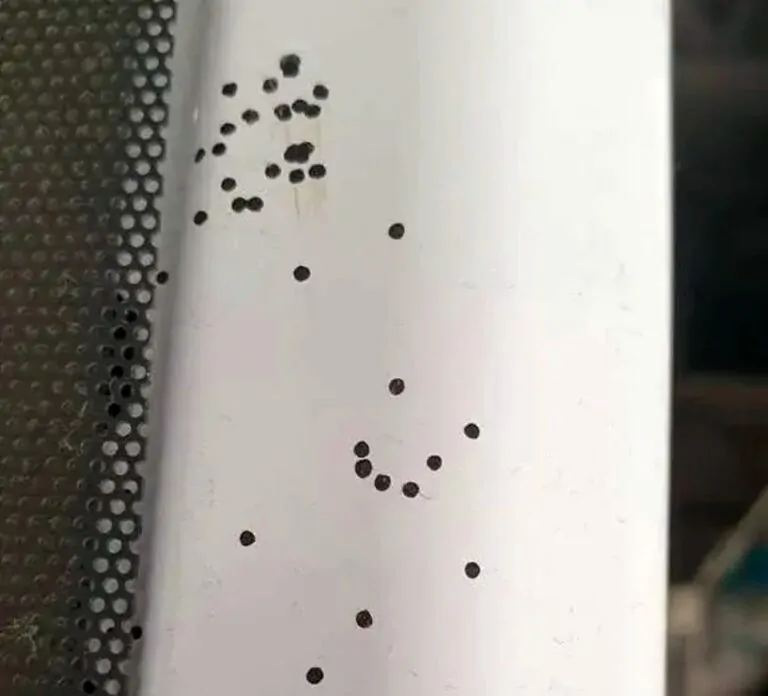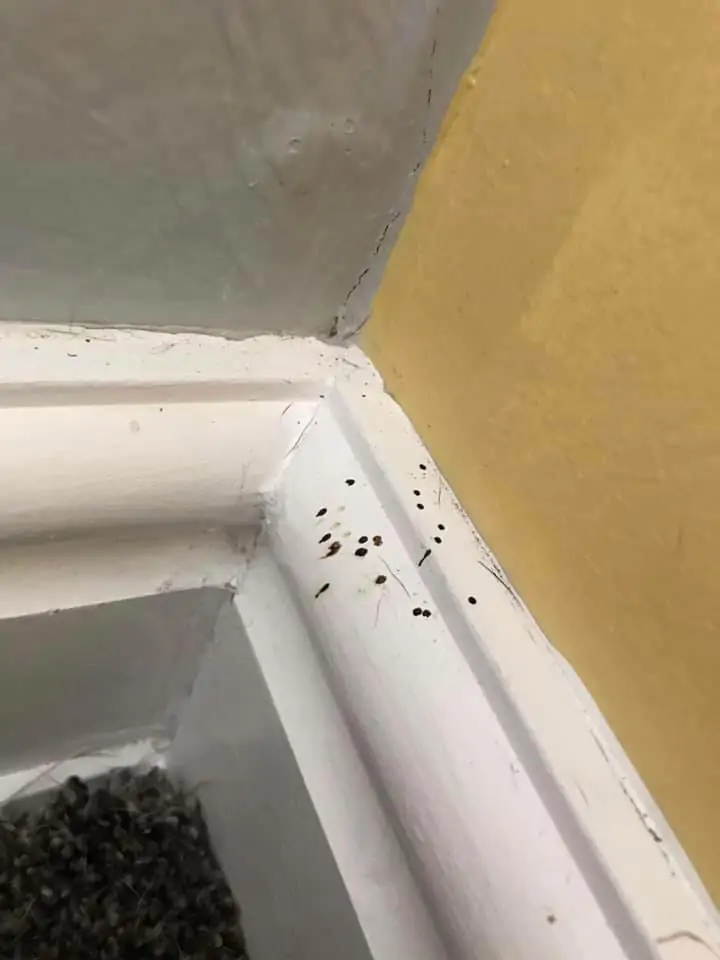A woman was alarmed to find mysterious black marks in her kitchen and on her PC. Seeking answers online, she pondered if they were spider droppings, unsure of their origin since they appeared overnight. Spiders, often feared and misunderstood, secrete a liquid waste, not solid feces, which contains undigested food and is harmless to humans and pets. Despite their role in controlling insect populations, the presence of spiders, especially dangerous ones like black widows, can invoke fear due to misconceptions about their bites.

Entomologists debate the health implications of spider droppings. While some argue they pose no significant risk, others caution that they can harbor harmful bacteria from prey like filth flies, potentially contaminating surfaces and exposing people to diseases. Regular cleaning is advised to minimize health risks from spider excrement in living spaces.

Melissa Gaver-Wainwright, a Ph.D. student, researched whether indoor spiders could be a public health concern by studying black widow spider droppings. Her findings revealed no pathogens, suggesting spider venom and blood may have antimicrobial properties effective against common bacteria. This research underscores the importance of dirt flies in spreading disease over the presence of spiders, highlighting the need for further study on the topic.